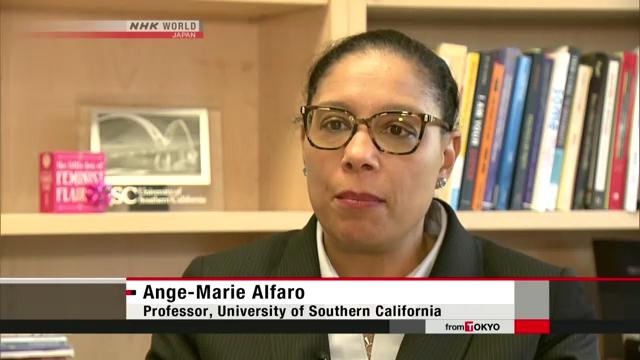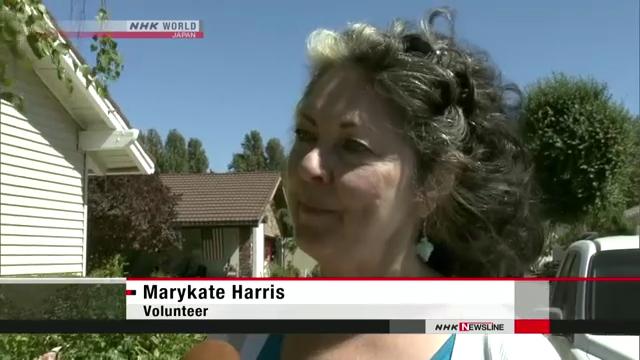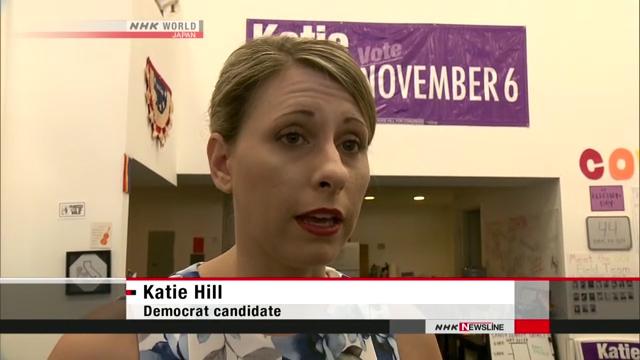Ange-Marie Alfaro, a professor of political science and gender studies at the University of Southern California, predicts that women will shift the balance of power in the House of Representatives. She expects the headlines to read, "A Record Number of Women Elected to the House!" and "Democrats take the Majority." But for this "pink wave" to come to fruition, the key, according to Alfaro, is for “women voters to actually show up at the polls.”

In the upcoming midterms, women are more determined to vote. According to the most recent Washington Post-ABC News poll, certainty to vote is up 32 points among women under 40, compared to 2014. Among registered voters, 59 percent of women favor Democratic House candidates, while 37 percent favor Republicans (men are split almost evenly, with 48 percent favoring Republican House candidates and 46 percent favoring Democrats). I believe that the women who support female democratic candidates tend to be angry at the way the president treats women and are frustrated with other issues, such as healthcare, while many women who support the republican incumbents are also dissatisfied with the president’s treatment of women but give him a pass because the economy is performing so well.
I met Marykate Harris, 62, while she was volunteering for Democratic candidate Katie Hill, 31, in Santa Clarita, a suburb of Los Angeles, California that's a traditional Republican district in an overwhelmingly Democratic state. Harris, who lives a 30-minute drive in a Democratic-leaning district, knocks on doors for Hill because “of what’s going on with women’s rights.” According to Harris, the large social and political advances that women have made in the country are being eroded by the current administration. “Now in less than 2 years,” she says, “a lot is being turned back or the attempt is being made to turn it back. We can’t afford to go back.”

Hill, a political newcomer who served as executive director of a nonprofit that serves the homeless in California, is one of the 262 women running for elected office in the US Congress this year. She is hoping to unseat an incumbent Republican who is both a US Army veteran and an 18-year veteran of the LAPD in one of the most competitive races in the country. “It’s going to matter more than a presidential campaign,” she says. “And there is no way that Democrats take back the house, if we don’t win this seat. It’s that important.”

Joining Hill is a diverse group of female candidates hoping to make history in their own right. In Minnesota, Ilham Omar, 36, is set to become the first Somali-American congresswoman. In Michigan, Rashida Tlaib, 42, is set to become one of only 2 Muslim congresswomen, along with Omar. In New York, Alexandria Ocasio-Cortez, 28, a former bartender who has never held elected office, is poised to become the youngest congresswoman in history. All of them are on the verge of joining the Trump resistance within the government.
So if 1992 was the “Year of Women” with a record number of female senators and congresswomen being elected, 2018 will be remembered as the “Year of the Pink Wave,” If women show up at the polls.

